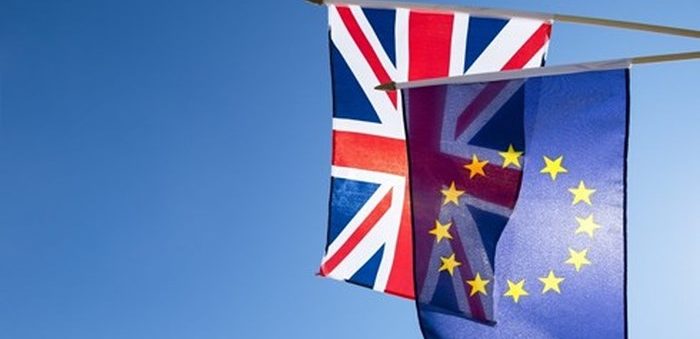The European Commission published the political declaration which describes the future relationship between the European Union and the UK. The declaration describes the rules that will surround maritime transport and trade, among others.
Maritime transportation
UK and EU note that passenger and cargo connectivity in the maritime transport sector should be highlighted by the international legal framework. They should also make appropriate arrangements on market access for international maritime transport services.
[smlsubform prepend=”GET THE SAFETY4SEA IN YOUR INBOX!” showname=false emailtxt=”” emailholder=”Enter your email address” showsubmit=true submittxt=”Submit” jsthanks=false thankyou=”Thank you for subscribing to our mailing list”]
In addition, the future relationship should enable cooperation on maritime safety and security, including exchange of information between EMSA and the UK MCA.
Trade
Regarding trade, the parties want to ensure a solid trading relationship on goods. that will be as close as possible, in order to facilitate the ease of legitimate trade.
These arrangements will consider the fact that after UK’s withdrawal from the EU, the parties will form separate markets and legal orders. Moving goods across borders can raise risks to the proper functioning of these markets, which are managed through customs procedures and checks.
Nevertheless, in order to facilitate the movement of goods across borders, UK and the EU will envisage comprehensive arrangements that set out a free trade area. They will combine deep regulatory and customs cooperation, underpinned by provisions which ensure a level playing field.
What is more, the economic partnership should ensure no tariffs, fees, charges or quantitative restrictions across all sectors. In fact, the ambitious customs should improve the single customs territory provided for in the Withdrawal Agreement which prevents the need for checks on rules of origin.
BPA’s response
Commenting on the declaration, Chief Executive of the British Ports Association, said that BPA supports UK’s “Chequers” proposals over the summer as it committed to an agreement that ensured frictionless trade.
This will be achieved by agreeing a common rulebook with the EU, meaning there would be little need for new regulatory checks at ports.
However, BPA also added that while there is some encouraging language around limiting trade barriers and agreeing common principles, ‘it falls short of committing frictionless trade and could therefore cause potential disruption for some parts of the ports industry.’
Moreover, the association commented over paragraph 24 as well. This says that UK and EU should treat one another as single entities as regards SPS [sanitary and phytosanitary] measures. According to BPA, this means that the UK and EU would need to carry out physical checks and inspections on products of plant and animal origin at the border.
These checks are time consuming and bureaucratic and could cause significant disruption at roll-on roll-off ferry ports
BPA concluded.






























































